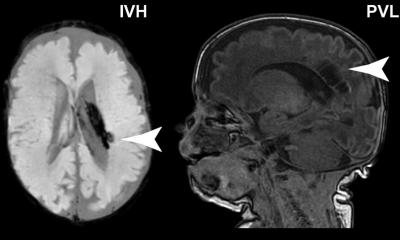Baby food & meningitis
An extensive international study, presented at the American Society for Microbiology meeting in New Orleans, concludes that baby foods contain worrying levels of disease-causing microbes, including Enterobacter sakazakii (linked to some fatal outbreaks of meningitis at children's hospitals in Europe and the USA*).
Although the E. sakazakii has been found in powdered infant formula before, findings from the study, which focused on powdered infant formula, dried infant food and milk powder from seven European countries, the US, South Korea and South Africa, have proved that it can be present in those foods.
The team analysed over 200 samples from 110 different products. Stomach bacteria were found in eight out of 82 of the powdered infant formula samples, and in 12 out of 49 of the dried infant food samples. Thirteen of bacteria identified, including E. sakazakii, are members of the Enterobacteriaceae, which is associated with hospital-acquired infections.
Although manufacturers do not claim the absence of bacterium in their products, Carol Iversen said there is a misconception among parents and nurses that infant formula powder is a sterile product.
In a separate study, also presented during the New Orleans meeting, the team examined the best ways to prepare and store infant formula made from powder to minimise infection risks. They reported that, when kept in a fridge the number of bacteria in the preparation doubled every 10 hours, but at room temperature this occurred in just 30 minutes. So, any formula left ready for night use could go from containing very few bacteria to harbouring dangerous levels, said Stephen Forsythe, who urges parents to resist the temptation to prepare infant feeds in advance.
Few meningitis cases arise annually, but the death rate can be as high as a third of those affected - particularly putting premature babies and those with weakened immune systems at risk. Survival of the infection can still leave patients brain damaged. ‘Very few recover fully,’ said Carol Iversen, at Nottingham Trent University.
In 2001, an outbreak of meningitis at a Tennessee neonatal intensive care unit infected nine babies. One died. The infection was traced to a batch of powdered infant formula, and prompted the Centres for Disease Control in Atlanta, Georgia, to warn doctors about potential dangers in powdered formula. The product was recalled by the manufacturer.
01.07.2004





